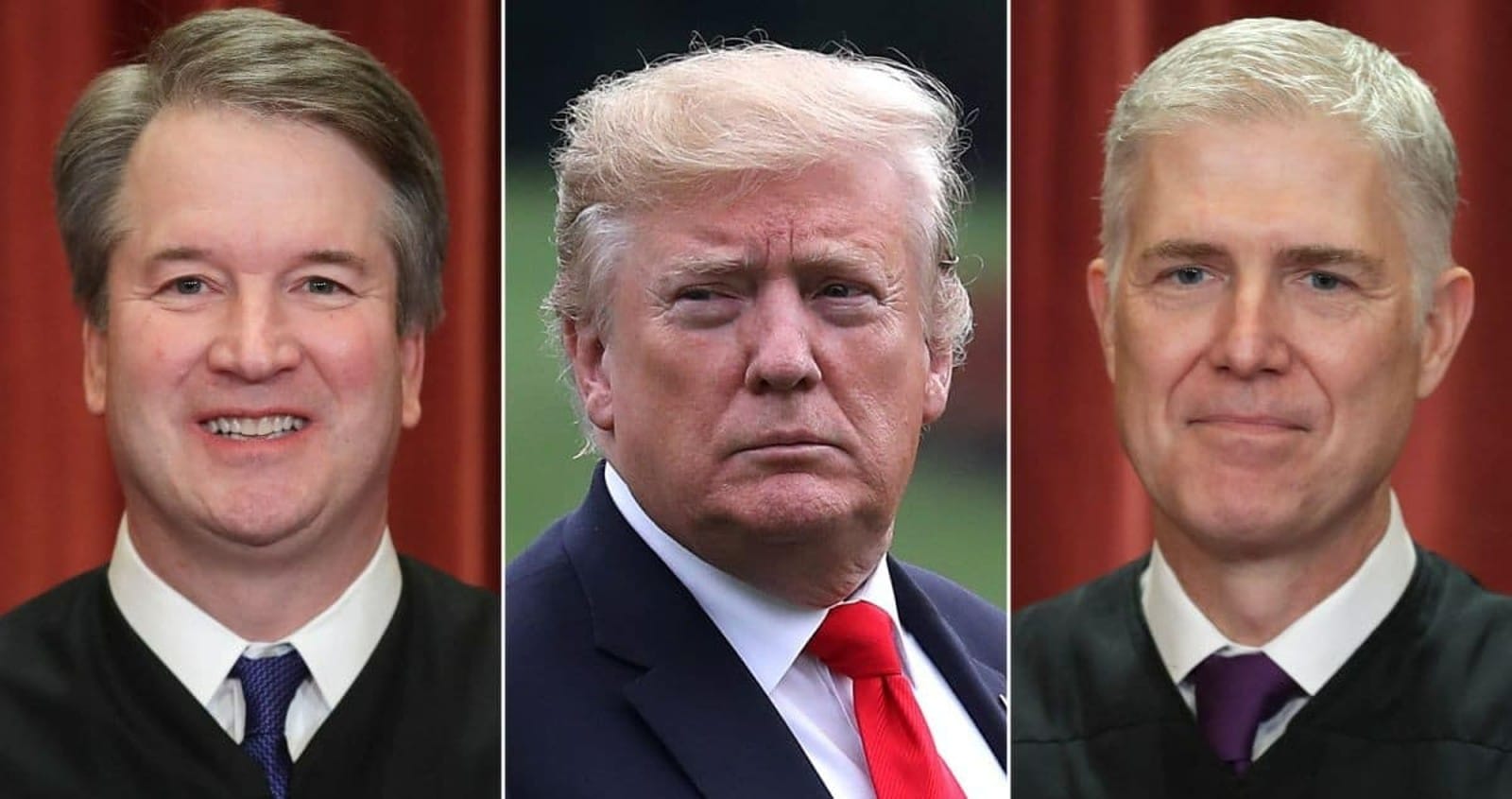OPINION: This article may contain commentary which reflects the author's opinion.
Former President Donald Trump is facing one of the most consequential court decisions unrelated to any of his indictments as he makes his third attempt to reclaim the presidency, according to a new analysis.
Katherine Fung writes in Newsweek that the U.S. Supreme Court’s decision on whether or not to hear a case claiming Trump is no longer qualified to run for federal office under a 14th Amendment provision is one he “can’t afford to lose.”
During their September 29 conference, the Supreme Court will decide whether or not to hear the case of John Castro v. Donald Trump. By Oct. 9, a final decision on whether to accept it will be made.
“Castro, a Texas tax attorney, claims that Trump participated in an insurrection against the U.S. government by organizing his rally against certification of the 2020 election on Jan. 6, 2021. He is a declared candidate for the Republican nomination and has previously run for various offices. Castro ran for his first race in 2004 as a Democrat. He is currently running as a write-in candidate,” the outlet 1945 reported.
In June, U.S. District Judge Aileen Cannon, the federal judge appointed by Trump who is also overseeing Castro’s classified documents case in Miami, dismissed Castro’s initial lawsuit.
Fung notes:
Castro is arguing that because he and Trump are appealing to the same voters and donors, Trump’s candidacy—which he argues is unconstitutional because of Trump’s involvement in the January 6, 2021, Capitol riot—would cause him “political competitive” injuries.
The disqualification clause in the 14th Amendment blocks individuals from holding public office if they have “engaged in insurrection or rebellion” against the United States. Trump has not been charged with insurrection, although he has been indicted in a federal case involving his efforts to overturn the 2020 presidential election.
She added that should Trump be kicked off the ballot in any key state, that would doom his chances of winning the presidency.
“If SCOTUS [the Supreme Court] rules in my favor, his name cannot appear on the ballot in *any* state because the Constitution’s election clause giving states power over elections only applies to congressional races,” Castro told Newsweek. “It would be a nationwide permanent injunction against all state election officials to keep his name off the ballots and not count any of his write-in votes.”
Castro has filed federal lawsuits in a total of 14 states, including Alaska, Arizona, Idaho, Kansas, Maine, Montana, New Mexico, Nevada, North Carolina, Oklahoma, Pennsylvania, Utah, West Virginia, and Wyoming. Additionally, he plans to file similar suits in blue states such as Massachusetts, “side-stepping red circuits [and neutralizing] their influence.”
“Unfortunately, it’s all or nothing,” Castro said. “SCOTUS is the only body that can give a final answer as to all 50 states.”
“The decision by the United States District Court for the Southern District of Florida dismissing Petitioner John Anthony Castro’s civil action on the grounds that he lacks constitutional standing to sue another candidate who is allegedly unqualified to hold public office in the United States pursuant to Section 3 of the 14th Amendment to the United States Constitution,” the candidate wrote in his Writ of Certiorari to the nation’s highest court after Cannon tossed his lawsuit over the summer.
Michael McAuliffe, a former federal prosecutor and elected state attorney, told Newsweek that Castro’s case may be the only 14th Amendment challenge of any substance to ever reach the Supreme Court if justices decide to take it.
“However, the mere fact that the justices set this particular matter for an initial conference should not be relied upon to speculate about the Court’s ultimate view of the issue,” McAuliffe told the outlet. “Caution is the word that should be applied to the matter and issue at this stage.”
